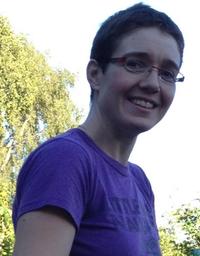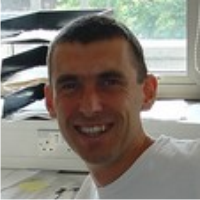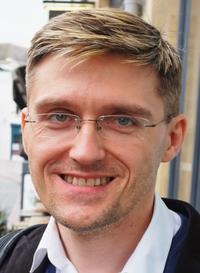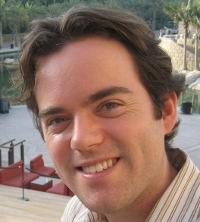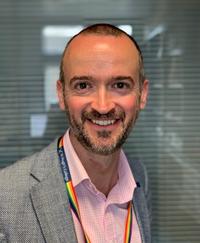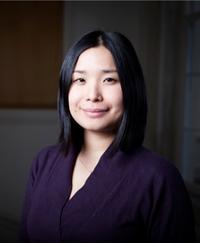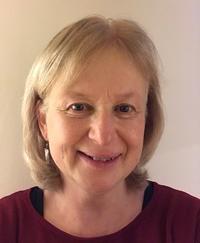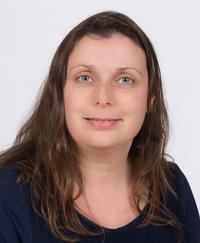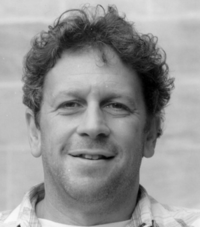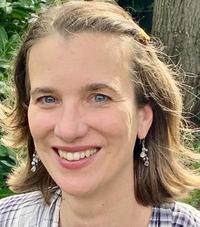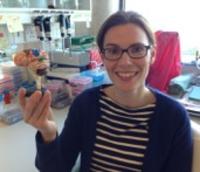
Esther is a Research Fellow in the Nuffield Department of Clinical Neurosciences. She studied Medical Biology at the University of Amsterdam, before embarking on her PhD in Cell & Developmental Biology at Harvard University. In 2006, she came to Oxford as a post-doctoral fellow and in 2011 she started her own group as a Royal Society Dorothy Hodgkin Fellow. Her work aims to understand the genetic and molecular mechanisms that regulate brain development and how the impairment of these mechanisms leads to brain dysfunction.
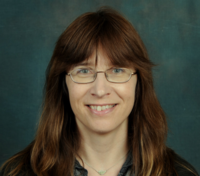
Gail’s research group uses multi-disciplinary approaches to understand the molecular mechanisms used by infectious microorganisms to colonise host tissues and the impact of environmental factors on disease development. Her research group is based in the Department of Plant Sciences. She completed her PhD at Cornell University and was subsequently awarded a Royal Society University Research Fellowship, which she held from 2001-2009.


